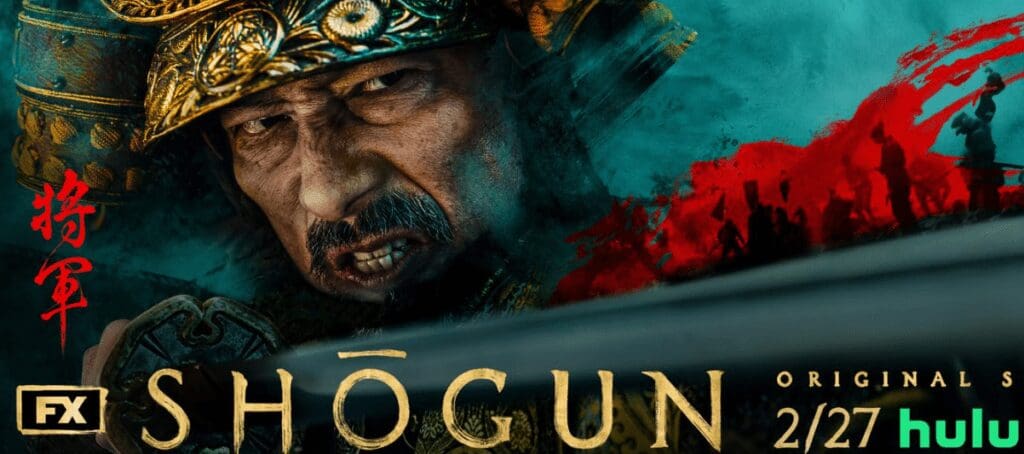
The Dark Herald reviews the new Japanese-themed show Shogun, by FX and Hulu, a historical fiction set in the Sengoku era.
In 1942 James Clavell became a prisoner of war of the Japanese Empire. He was eventually transferred to the infamous Changi prisoner-of-war camp, where he would remain until his liberation.
RELATED: The Dark Herald Does Not Recommend Netflix’s Avatar: The Last Airbender
“Changi became my university instead of my prison. Among the inmates, there were experts in all walks of life—the high and the low roads. I studied and absorbed everything I could from physics to counterfeiting, but most of all I learned the art of surviving, the most important course of all.”
-James Clavell
The POWs were fed 115 grams of rice a day, one egg per week, and occasionally rotting vegetables. Summary executions were frequent, and the beatings were savage.*
For years after the war, Clavell never went anywhere without a can of sardines in his pocket and frequently fought urges to go dumpster diving if he smelled food in one.
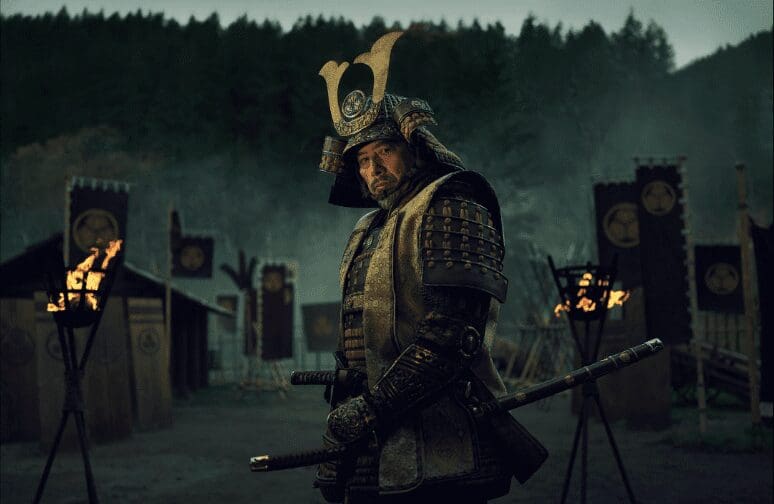
After the war, he started dating an actress (who became his wife) while he was in college and more or less slipped into the film business as a writer. He moved to Hollywood, where he made a handsome living, reselling the same script over and over again (more common than you’d think). Eventually, he wrote the script for The Fly. He went on to write The Great Escape and wrote and directed To Sir With Love. In 1960 a writers’ strike gave him the time he needed to write a book, King Rat, a semi-autobiographical story of life in Changi.
It was his first book featuring an alpha male as a byronic hero. All of his books (except Gai-Jin) would feature this peculiar little trope of Clavell’s. He had a real gift for keeping an audience turning pages that I have rarely run into. You’d pick up one of his thousand-page epics, and two days later, with eyes red from lack of sleep, you’d finally turn the last page on a fairly unsatisfying ending.
RELATED: Shogun On Hulu And FX, Making Japan’s Warrior Culture Great Again
It was when he was writing King Rat that Clavell began a lifelong fascination with Japanese culture. This would result in his epic novel Shogun about the rise of the… Toranaga Shogunate?!?!
It’s kind of a strange little cliche that was a little outdated when Clavell published Shogun, but it used to be a bit more common to write historical fiction with big events unchanged but with different names. I kind of get where it comes from; the author has a lot of respect for history, but the actual events just don’t do a good enough job of telling their own story. Things need to be changed around to make a better story, but if you do that, you’ve skewed history. Changing the names gives you room to maneuver.
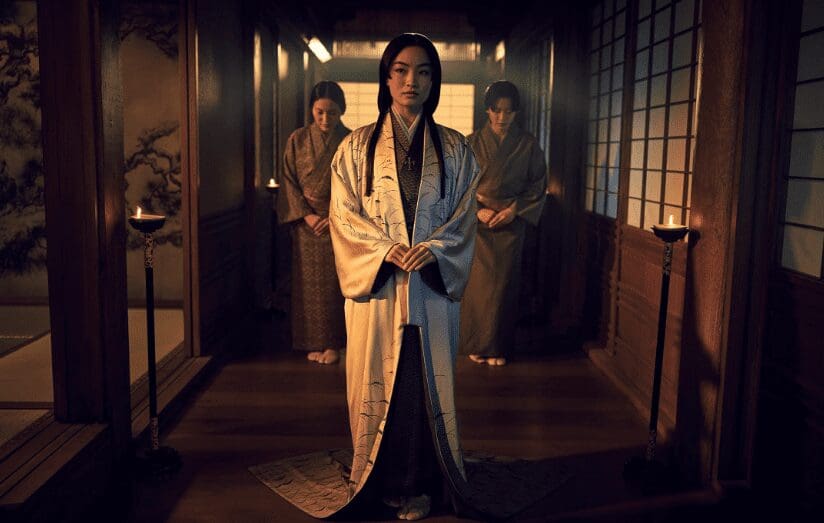
Shogun is obviously and unquestionably about the most dramatic portion of Ieyasu Tokugawa’s life, the regency of Toyotomi Hideyori. The events that would finally solidify the power of Ieyasu Tokugawa and allow him to petition the emperor to declare him Shogun culminated in the Battle of Sekigahara.
The characters are all there in Clavell’s story and aren’t too far off from the historically accurate. The historic details, on the other hand, were shuffled around quite a bit. There is a scene where Toranaga escapes disguised as a woman; in our timeline, that was Ishida. There was lots of stuff like that, and the escalation that resulted in the Battle of Sekigahara was much more compressed.
Regardless, James Clavell’s first function and primary obligation was to entertain, and he did. The book did well enough that he was able to get quite the television event mini-series made in 1980. If you’ve never seen it don’t bother because there is now a better version available.
FX’s Shogun frankly does a much better job bringing the characters in the book to life than the Clavells’ own mini-series.
After introducing John Blackthorne, the English pilot of the Erasmus (the first Dutch ship to reach Japan). The new version does something sharp and introduces Yoshii Toranaga quite a bit earlier than in the book or the first series. It avoids a lot of the exposition dumps that were only palatable in the books because of Clavell’s prose and in the first series because American audiences were too busy gawking at the Sengoku Japan era to realize they were supposed to be bored.
The first two episodes are quite simply a superior work. When we first meet Toranaga, he’s falcon hunting and praising a particular bird for its intelligence, patience, and cunning. It tells you what he prizes most.
He is called to the main castle, where he discovers that he has been outmaneuvered by the other four members of the Council of Regents. He will shortly be impeached and either forced to commit seppuku or destroyed in a war with the rest of the council. Since he is trapped in Osaka, it will likely be death.
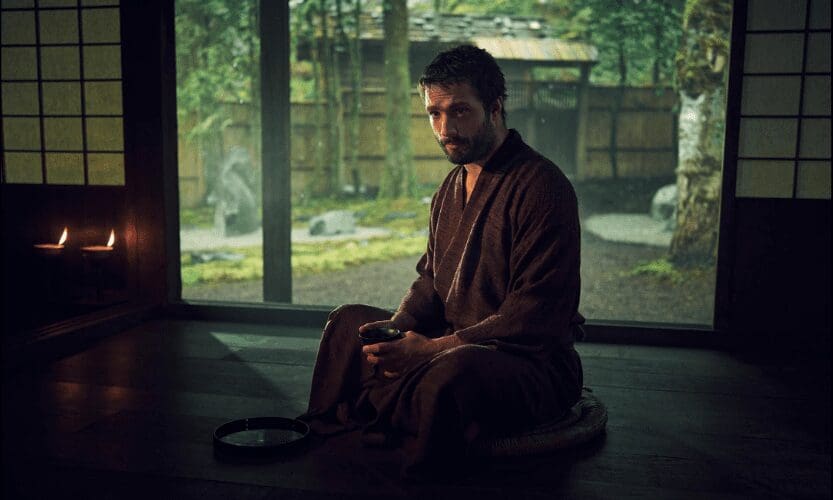
There are some significant changes from the novel, but these are generally improvements.
A young samurai of Toranaga’s is enraged by the insults to his lord, by Ishida and draws his sword. In the book, Torananga orders the young samurai to be crucified and his infant son to be buried alive. In this version, Toranaga allows him to commit seppuku; we don’t see what happens to the baby, but something happens. Fujiko the infant’s mother, is clearly going to be playing a much bigger role in this version, closer to what she had in the book. This was truthfully a better choice than Clavell made. First, having to crucify a samurai would reflect badly on his lord. Second, it makes Toranaga appear more human because he clearly regrets the necessity of this action.
Blackthorne’s role is no longer what it was in the first TV iteration, he is no longer acting as the audience’s introduction to Japan. He already did that job in 1980. People going into this show know Nippon a lot better than they generally did in 1980. So he’s focused on telling his own story. It sets a more appropriate tone of dread around Toranaga and his followers.
RELATED: Phase 5 Marvel Slumps Into “Superhero Fatigue” As Marvel Studio Film Flop
There was one particular scene where they did a better job of bringing Clavell’s characters to life than Clavell managed. The pivotal moment where Toranga decided he’d bind Blackthorne to him was when Blackthorne when asked a question, answers, “Unless I win.” In the original, it was “Unless we win.” the singular pronoun is much more impactful to his character and that of Toranaga’s than the collective “we.”
Since this subject is bound to come up, who wore it better, Toshiro Mufine or Hiroyuki Sanada?
Sanada, no question at all. He is absolutely running away with this role. It’s much subtler and more restrained, but he’s bringing a lot more to the party than Mifune did. In fairness, Mifune was being used as little more than a prop in the original show. He did what he could, but his character never had a chance to develop outside of Blackthorne’s presence. The critical role of Kashige Yabu (now Yabushige) is much better cast in this show. Tadanobu Asano is doing stellar work as a daimyo allied to Toranaga but is pretty sure he has now backed the wrong pony and wants to change sides if possible. There are other characters that weren’t in the original mini-series that are finally getting their day in the sun. Fumi Nikaido seethes sexy menace as Lady Ochiba.
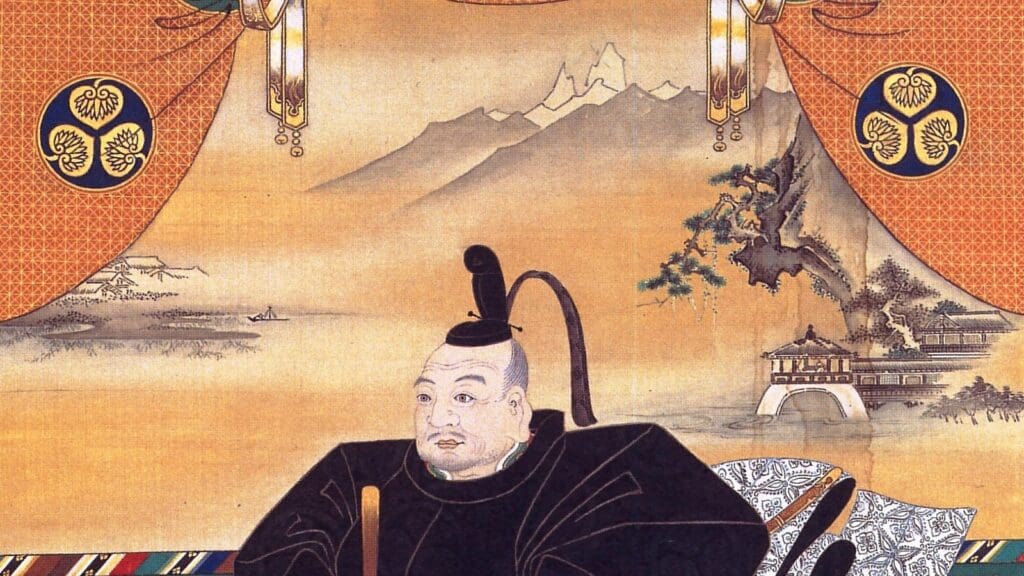
The show is excruciating in its exacting detail to historic accuracy. Courtiers are sitting crosslegged instead of on their heels as the custom became. The ship designs are accurate to the period. The buildings from the late Sengoku period appear to be authentic reproductions (admittedly, I’m having to go off someone else’s expertise). Also, it was nice to see a better recreation of 1600s Osaka than was possible in 1980.
Downsides: My wife pulled the plug after the first half hour. In her words, it was gross and depressing. So while I do think it’s superb, it is not going to be for everyone. It is much bigger on the dark and gritty than the original, and that show was pretty dark by the standards of the day.
This is primarily a historical drama, but what action there is, is well executed.
This is not a full review but my initial impressions of the first two episodes are that this series is both enthralling and compelling.
For me, you understand, and NOT my wife.
*Not to make excuses for them but the Japanese military wasn’t doing that much better than their prisoners, nor were their civilians.
What do you think about Shogun? Does it interest you any? Leave us a comment!
NEXT: Woke Star Wars Fans Outraged About Composer Dean Kiner Being “Deadnamed” In The Bad Batch

Leave a Reply